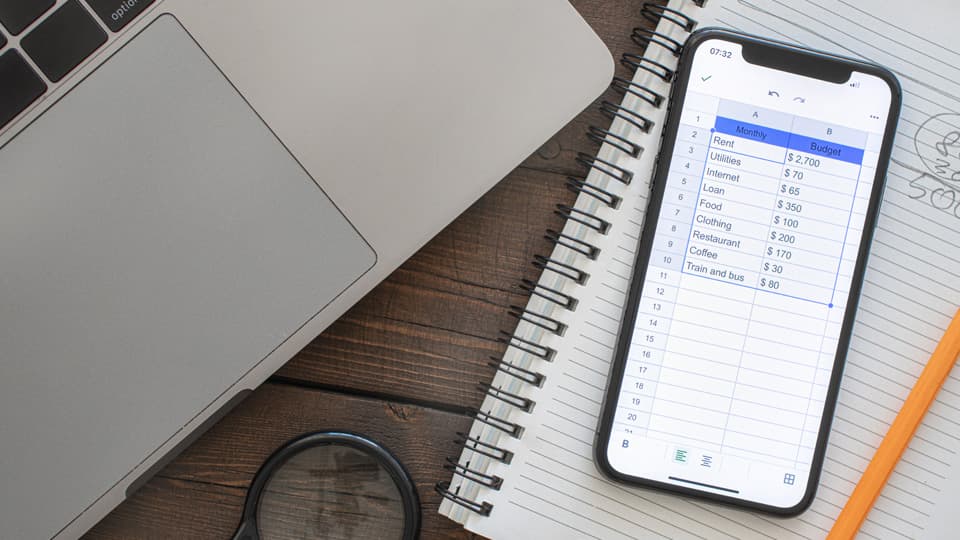Money tips for the future
Key takeaways
- Budget by tracking your income and expenses to understand where your money is going.
- Set savings goals, even small ones, to build a habit of saving for future needs.
- Understand credit and loans and avoid high-interest debt.
- Learn about superannuation, insurance, and investing to protect yourself.

As you get ready to leave high school, learning how to manage money is one of the most important skills to develop.
Whether you’re starting a part-time job, thinking about university, or just getting ready to be more independent, understanding how to manage your money now will set you up for a successful future. Let’s look at some simple money tips to help you get started.
1. Budgeting and Saving
Creating a budget is the first step to managing your money. It helps you keep track of what you earn and what you spend. Here’s how to start:
- Track your income: Start by noting down any money you earn, whether it’s from a part-time job, Centrelink allowance, or other sources. Knowing how much money you have is the first step to managing it.
- List your expenses: Write down things you spend money on each week, like food, transport, and entertainment. This helps you understand where your money is going.
- Set savings goals: It’s never too early to start saving. Even saving a small amount each week can add up. Think about what you’re saving for—like a holiday, your first car, or uni expenses.
2. Understanding credit and loans
When you start earning your own money or planning for the future, it’s important to understand how credit works. Here are a few things you should know:
- Credit cards: A credit card lets you borrow money, but you have to pay it back with interest. If you don’t pay off your credit card balance in full each month, you’ll end up owing more. Be careful with credit cards—only use them if you can pay the balance off quickly.
- Student loans: If you go to university, you might need to take out a loan to pay for your tuition fees. In Australia, the HECS-HELP scheme lets you pay back your fees later, after you start working and earning a certain amount. Make sure you understand how these loans work.
- Avoid debt: Try to avoid borrowing money unless it’s really necessary. High-interest debt can be difficult to manage, so always have a plan to pay it back on time.
3. Preparing for the future
Managing money now isn’t just about getting by—it’s also about setting yourself up for the future. Here are a few tips:
- Superannuation: When you start working, your employer will put money into your superannuation (retirement savings). Understanding how this works now can help you later in life.
- Insurance: If you own things like a car or a phone, it’s a good idea to have insurance. It helps protect you in case something goes wrong.
- Investing: Learning about investing can help you grow your savings over time. You don’t need to invest right away, but it’s a good idea to start learning about how it works.
Saver Plus program
Saver Plus is a 10-month financial literacy and matched savings program.
The program can help you build money skills and develop life-long savings habits. Financial literacy workshops teach you tips and tricks about saving, budgeting and planning for the future.
When you complete the program, your savings are matched dollar for dollar, up to $500, to help with education costs.
What are education costs?

To be eligible for Saver Plus, you must have all of the following:
- Be 18+ years old
- A Health Care Card or Pensioner Concession Card AND an eligible Centrelink payment
- Be in school yourself OR have a child in school (can be starting school next year)
- Have regular income from work (either yourself or your partner). This can include child support and carer payments
- Agree to join in free online financial education workshops
By getting a handle on budgeting, saving, and understanding money basics, you’ll be better prepared for life after Year 12 and beyond.
End of article



